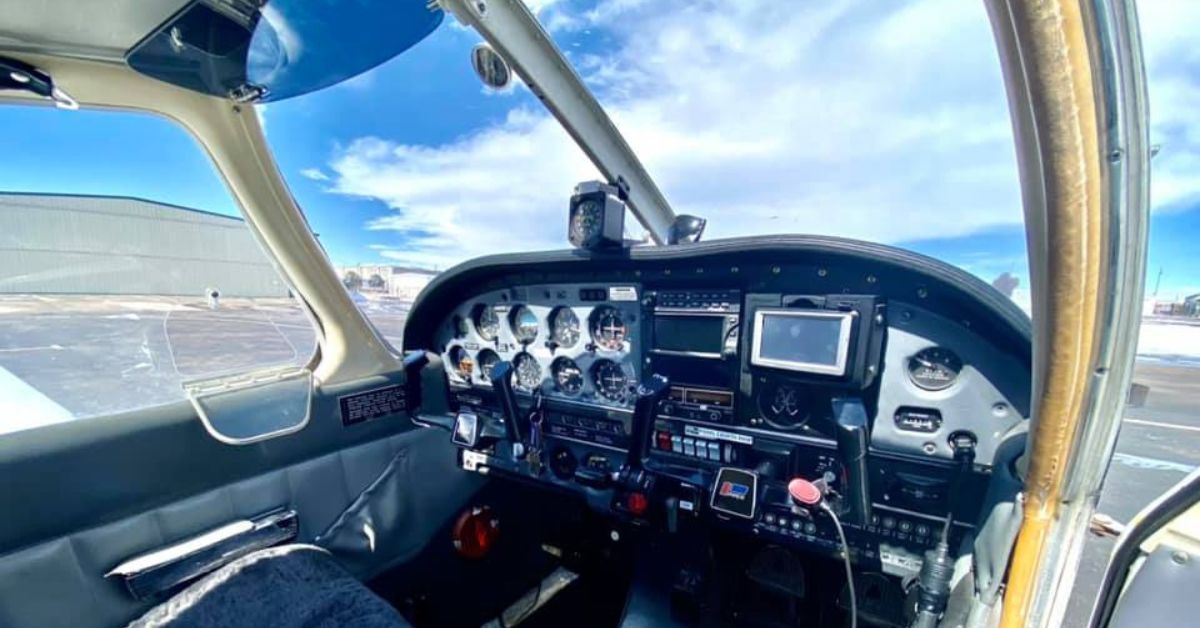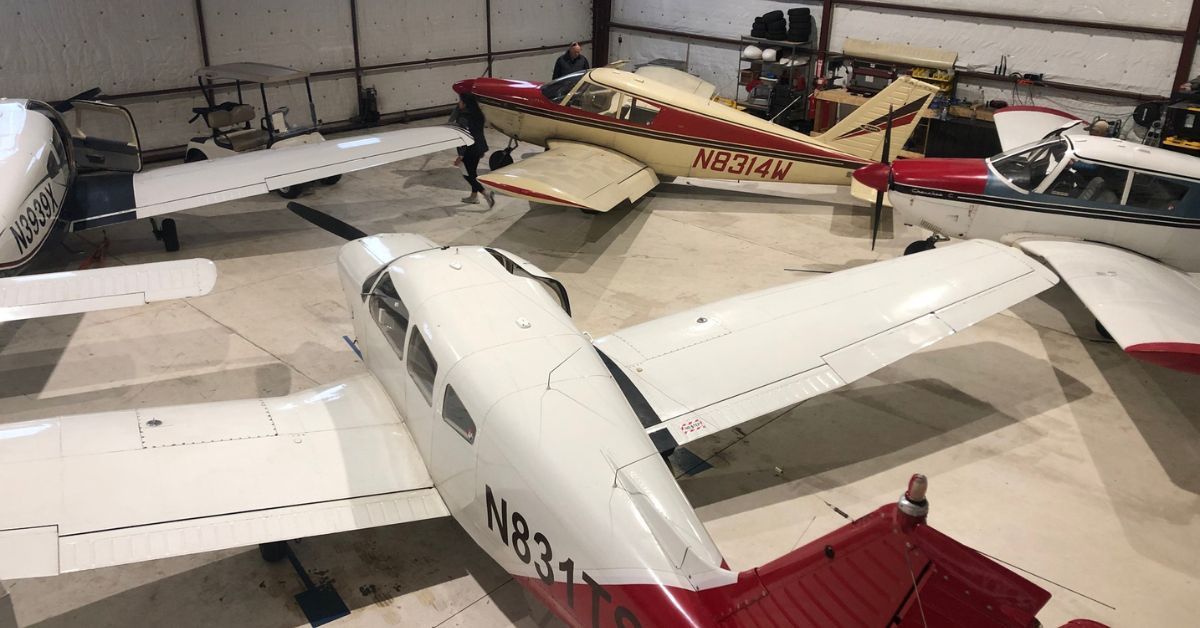Tips for Switching Career Paths to the Aviation Industry
Transitioning into the aviation industry could be your perfect opportunity if you’ve been dreaming of a career that soars above the ordinary. Whether you’re exploring a complete career change or seeking a role that matches your passion for flying, the aviation sector offers a range of opportunities for individuals from all professional backgrounds. With its growing demand for trained professionals, now is an excellent time to consider taking to the skies. Keep reading and follow these tips for switching career paths to the aviation industry.
Why Transition to a Career in Aviation?
The aviation industry represents a dynamic, challenging, and rewarding field. It offers remarkable opportunities, from piloting aircraft to managing airport facilities and working in aeronautical engineering. Beyond job security, aviation careers often come with competitive salary packages and travel perks. Many choose aviation because they find satisfaction in contributing to the global transportation system or pursuing an innate passion for aviation and discovery.
The idea of pivoting to aviation may be daunting for professionals already successful in another field. However, those driven by a love for aviation know the potential rewards outweigh the challenges tremendously. With varied pathways and numerous training opportunities, transitioning is more accessible than you might think.
Evaluating Your Interest in Aviation
Assessing where your interest lies within the aviation industry before committing to this new career path is essential. Are you primarily drawn to piloting, or are you fascinated by the operations and logistics of running an airport? Would you thrive most in roles involving aircraft maintenance or ones focused on customer service? By identifying your interests early on, you can chart a path toward the right opportunities and qualifications.
Reflecting on your existing skills and experience is essential. Many fields, such as engineering, customer relations, technology, and business management, share overlapping skill sets that can facilitate a smooth transition. Understanding how your expertise translates to aviation will help you make informed decisions about the next steps.

Exploring Training Options and Certifications
Unlike some careers, aviation requires proper certifications and extensive training for most roles. For instance, piloting demands specific licenses, starting with private pilot training. Private pilot training is often the first step if you’re considering a piloting career, enabling you to earn foundational skills while building flight hours.
Similarly, other aviation roles require licenses and certifications tailored to their specialties. For example, aircraft maintenance engineers need certification for mechanical servicing, while air traffic controllers undergo rigorous assessments to meet technical and ethical qualifications. Fortunately, various institutions offer flexible programs, making it easier for individuals to pursue certifications while balancing other commitments.
The Role of Private Pilot Training in Aviation Careers
Completing a private pilot training program is a non-negotiable first step for those aspiring to be pilots. This training builds crucial aeronautical knowledge, focusing on navigation, flight rules, and safety standards. It also prepares students for more advanced certifications, such as commercial or airline transport pilot licenses.
Private pilot training goes beyond technical skills; it helps individuals understand aviation operations on a broader scale. Additionally, training schools create immersive experiences, allowing students to get hands-on practice in real-world scenarios. By the end of the program, learners gain confidence and clarity on whether this career suits their long-term aspirations.
Funding Your Aviation Transition
Often, transitioning to aviation comes with financial challenges, particularly for roles requiring specialized training and certifications. However, financing options are available to help offset costs. Many institutions offer scholarships specifically for aviation students, while government programs provide grants for individuals entering high-demand aviation roles.
Some financial institutions also offer low-interest loans tailored for aviation applicants, allowing for flexible repayment terms. For working professionals, part-time or weekend training modules can ease financial pressure while letting you retain your existing income. Carefully budgeting and researching funding avenues will make your transition into the industry smoother and more manageable.
Career Opportunities in the Aviation Industry
One of the most exciting aspects of aviation is the variety of career opportunities available. Aspiring pilots can work toward flying private charters, commercial airline routes, or even military aircraft. Careers in aviation management, dispatch operations, or airport security may be equally rewarding for those not pursuing a career in piloting.
Another growing field is drone operations and unmanned aerial systems technology. This cutting-edge sector demonstrates how aviation continues to evolve. Meanwhile, aircraft mechanics and engineers remain indispensable as airlines and carriers expand their fleets. No matter your skill set, there is a place for you in this dynamic, multifaceted industry.
The Growing Demand for Aviation Professionals
The global demand for trained aviation professionals is soaring. The International Air Transport Association forecasts significant industry growth in passenger traffic over the next two decades, driving the need for experienced pilots, mechanics, and support teams. Airlines are ramping up hiring to meet these demands, creating more opportunities for qualified individuals.
The current shortage of skilled workers in aviation is primarily due to an increase in retirements and the expansion of air travel networks. This presents an open door to a successful future in a high-demand field for career changers. Employers are increasingly offering competitive packages and on-the-job training to attract new talent, easing the transition for newcomers.
Building a Network in the Aviation Community
Breaking into aviation isn’t just about acquiring technical skills; building connections within the industry can significantly boost your chances of success. Networking events, aviation expos, and online forums provide excellent opportunities to meet industry professionals, potential mentors, and like-minded individuals transitioning into the field.
Joining professional aviation organizations can also help you stay informed on industry developments and access valuable resources. Often, these groups host workshops, job fairs, and skill-enhancing sessions designed to help members succeed. Forging meaningful relationships will give you the support and confidence you need as you transition into this exciting career.

Balancing the Challenges of Transitioning
Switching careers to aviation isn’t without its challenges. Juggling training schedules, adapting to rigorous technical requirements, and meeting financial constraints can feel overwhelming. However, many who have leaped aviation find the rewards far outweigh the struggles.
Strong planning and resilience are key to overcoming these challenges. Seek guidance when needed, maintain focus on your goals, and celebrate milestones along the way. By staying determined, you’ll set yourself up for long-term success in this fast-paced industry.
Staying Committed to Lifelong Learning
Once you’ve entered the aviation field, your learning journey doesn’t end. Aviation requires professionals to constantly adapt to new technologies, regulations, and industry trends. Regular skills updates and refresher training ensure safety and excellence.
For instance, pilots attend ongoing training to maintain their licenses, while mechanics stay updated on advanced technologies for newer aircraft models. By committing to lifelong learning, you enhance your career and contribute to a safer and more efficient aviation space.
Aviation Awaits You
Switching career paths to the aviation industry is a bold and empowering decision that promises excitement, growth, and fulfillment. Every role in aviation comes with a unique set of rewards, whether embarking on private pilot training, managing airport operations, or ensuring passenger safety.
This industry continues to expand with endless opportunities for skilled professionals. Take the first step today by researching training programs, seeking mentorship, or exploring roles that align with your goals. The sky truly is the limit.
